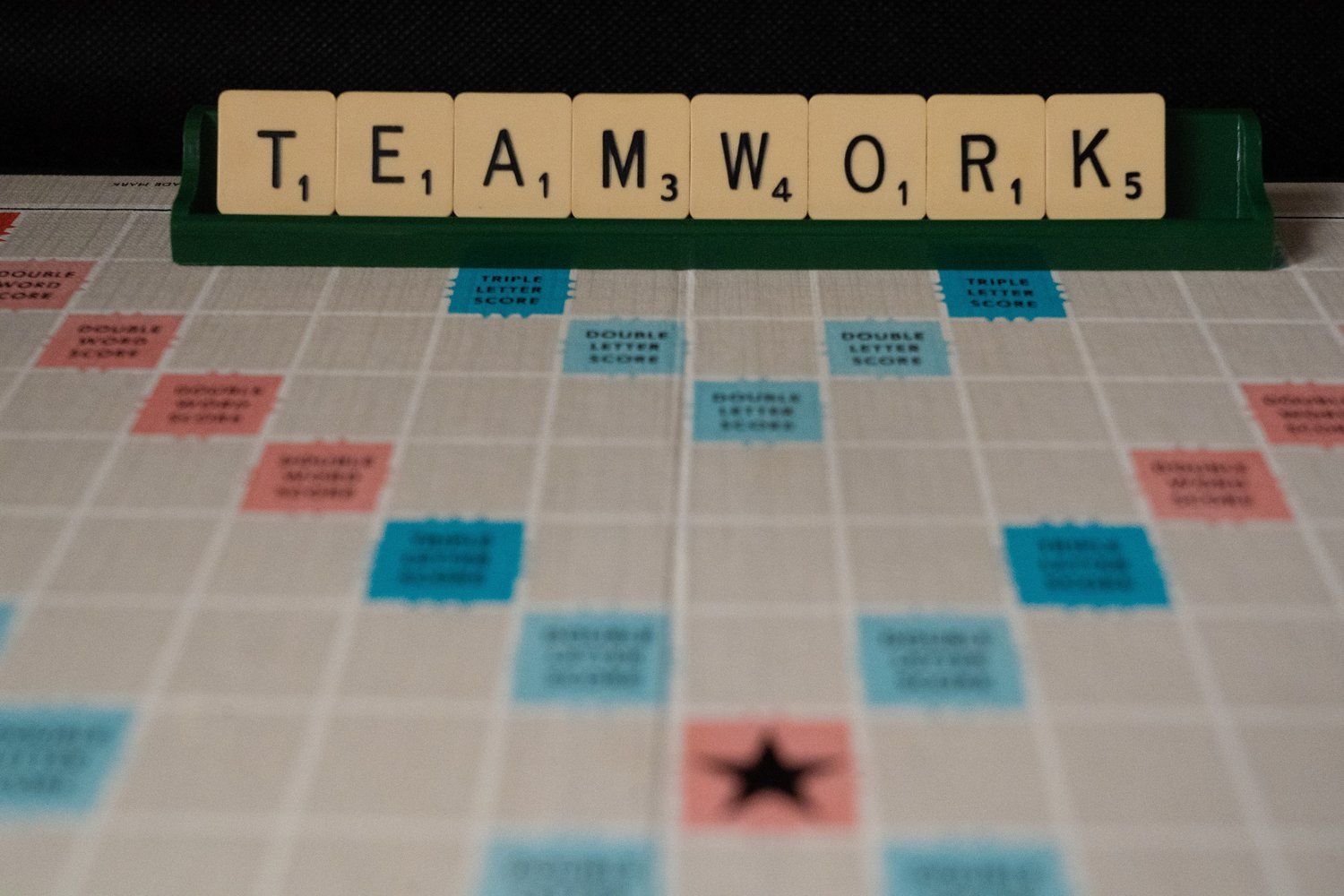By Jason Richmond, CEO and Chief Culture Officer, Ideal Outcomes, Inc.
But building and sustaining a positive team culture goes beyond just hiring, training, and retaining people with great skills.
It’s both an art and a science, but the rewards are compelling and well worth the investment in your time, energy, and resources.
In this article, we’ll outline what team culture is, why it matters, and seven actionable steps you can take to ensure that yours is a winning and resilient one.
What Is a Team Culture?
The nature of this culture influences the behavior of teams and groups while informing what is deemed acceptable and unacceptable behavior.
The Importance of Building a Team Culture
With many people now working remotely or in geographically dispersed teams, ensuring mutually constructive, productive, and respectful professional relationships within an organization takes on even greater significance.
Without positive teamwork, the job won’t get done – or at least to the required quality standards and within the desired timeframes. And if that happens, you’ll pay the price through poor customer experience and diminished revenues.
How to Build a Great Team Culture
In our years of experience working with clients of various sizes and industries, Ideal Outcomes has identified seven critical steps to building strong team cultures.
1. Define your Ideal Team Culture
Collaborating with and gathering feedback from stakeholders from all levels in the organization are vital parts of this step. You need to give people a “seat at the table” in these discussions if you hope to win their support and enthusiasm for your culture-building efforts.
2. Learn from the Best
Of course, every business is different. However, these organizations’ thinking and approaches will likely provide you with valuable food for thought when contemplating and formulating your strategy.
3. Create a Roadmap and Set Goals
An essential part of this process is setting realistic, actionable, and achievable goals and milestones to measure your progress objectively. If you don’t formalize and share a simple scoreboard, people in your organization will make up their own ways of measuring success.
4. Lead by Example
If people don’t feel that the team culture agenda is genuine and taken seriously by those in the upper echelons of the organization, it’s unlikely that the broader employee base will pay more than basic lip service to it.
5. Set and Enforce a Zero-Tolerance Policy
Examples of behavior that should never be tolerated include:
- Any racial, age, or gender-based discrimination
- Foul or abusive language to another team member
- Gossiping
- Dishonesty or non-accountability among any team members
6. Embrace Diversity
First, in our hyper-competitive digital world, embracing diversity in its broadest sense – in terms of ethnicity, age, sexual orientation, experience, and personality type – creates a fertile ground on which to build agile and innovative teams that can accelerate change. Employees will approach the same problems through a different lens based on their life experiences. Teams made up of people with different professional backgrounds and experiences tend to develop stronger plans.
Secondly, as part of your hiring strategy, it’s a good idea to look for a mix of outgoing extroverts and thoughtful introverts. Both types of people see the world differently and respond to similar situations in different ways.
7. Establish a “Culture Committee”
Such committee members help increase accountability to defined cultural aspirations at all levels. In fact, they become culture champions, role models, and sustainment agents for the whole organization.
Culture committee team members also become your eyes and ears on the ground. They can lead employee discussions, lead focus groups, and generally create buy-in for what you want to accomplish.
Benefits of Building a Strong Team Culture
Equally, the absence of one will have the opposite outcomes. Business leaders who fail to acknowledge the importance of a strong team culture and work to develop one will soon experience the effects as employee churn increases and productivity decreases.
If you’re seeking support and guidance in building a great workplace culture and communicating it to all team members, Ideal Outcomes stands ready to help.
Our experts provide organizational development consulting, change implementation, talent management, coaching, diversity and inclusion, and cultural integration to businesses of all sizes.

